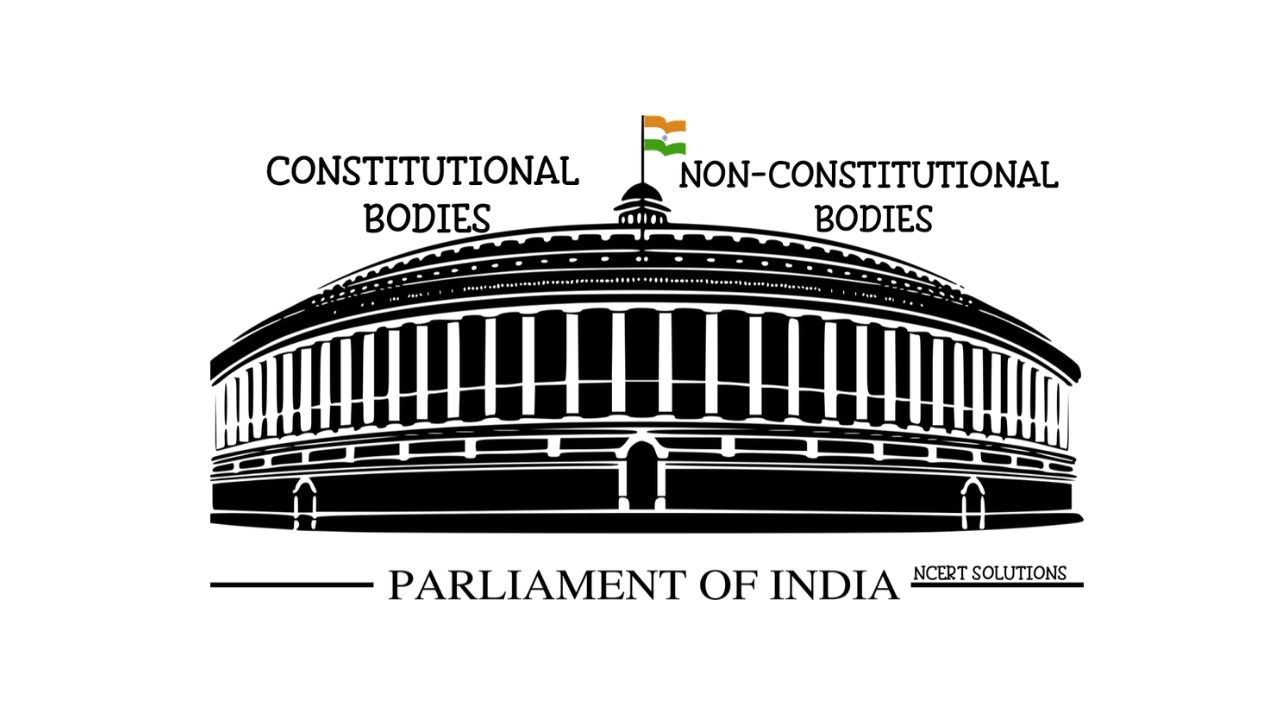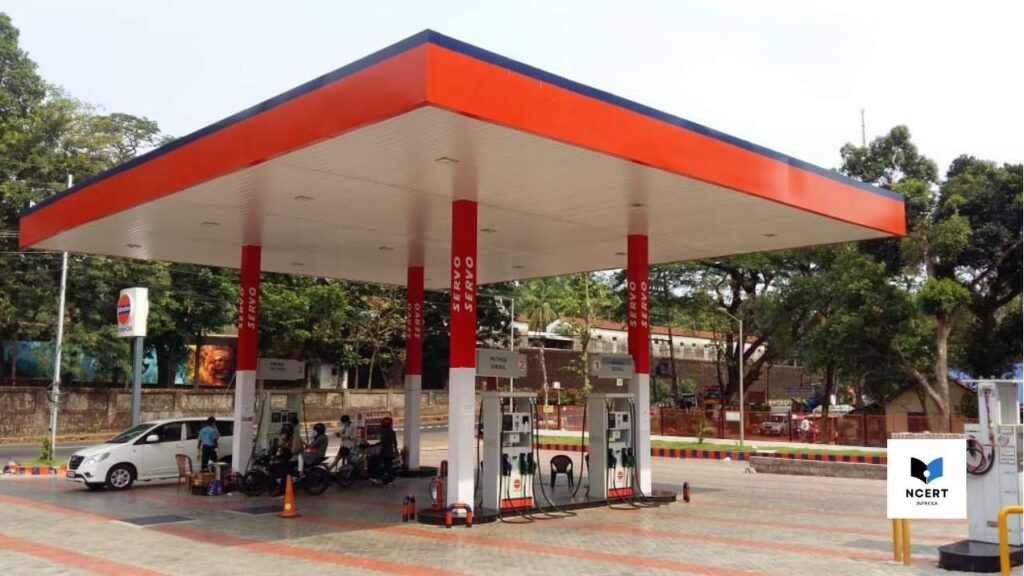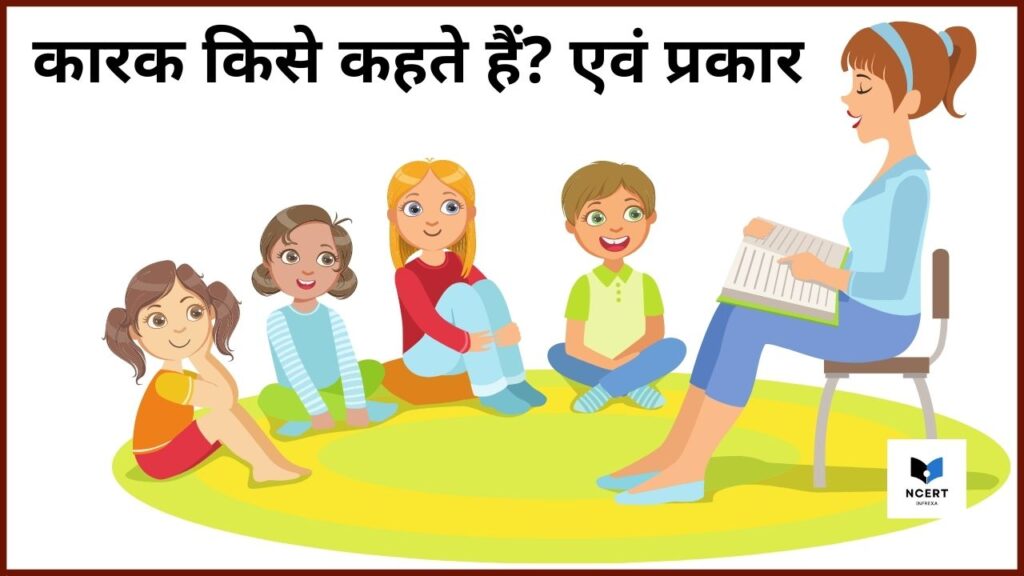India’s complex system of government relies on a network of bodies, each with distinct roles and powers. Some of these bodies are enshrined in the Indian Constitution, while others are created through acts of Parliament to meet evolving needs.
Constitutional bodies derive their power directly from the Indian Constitution, while non-constitutional bodies are formed by acts of Parliament. Understanding these bodies is crucial to understanding India’s democracy.
Constitutional Bodies
Constitutional bodies derive their authority and mandate from the Indian Constitution, granting them significant independence and power. Here are some prominent examples:
- Election Commission of India (ECI) (Article 324): The ECI is an autonomous, constitutionally empowered body responsible for the fair and transparent conduct of elections across India. It formulates rules and guidelines for elections at both the national and state levels, upholding the democratic fabric of the nation.
- Union Public Service Commission (UPSC) (Article 315-323): The UPSC, mandated by Articles 315-323, is responsible for conducting examinations and recruiting top civil service officers, including IAS, IPS, IFS, and IRS, for the Government of India. It plays a pivotal role in selecting capable individuals to serve the nation.
- State Public Service Commission (SPSC) (Articles 315-323): Similar to the UPSC, each Indian state has an SPSC responsible for recruitment to state-level civil services. These commissions operate under constitutional guidelines, upholding principles of merit-based selection and ensuring efficient administration at the state level.
- Finance Commission (Article 280): The Finance Commission is established every five years to determine the fair distribution of financial resources between the central government and the states. It recommends tax devolution formulas, grants-in-aid, and measures to address fiscal imbalances. The Finance Commission plays a crucial role in determining fiscal transfers and allocations, promoting fiscal federalism.
- National Commission for Scheduled Castes (NCSC) (Article 338): The NCSC safeguards the rights and interests of Scheduled Castes (historically marginalized groups). It investigates grievances related to discrimination, recommends social and economic policies for upliftment, and monitors the implementation of constitutional safeguards. The NCSC plays a vital role in addressing India’s legacy of social inequality.
- National Commission for Scheduled Tribes (NCST) (Article 338A): The NCST fulfills a similar role to the NCSC but focuses on India’s Scheduled Tribes (indigenous tribal communities). It promotes tribal communities’ welfare and protects their rights to land, resources, and traditional practices. The NCST is crucial in addressing their unique socio-economic challenges.
- Comptroller and Auditor General of India (CAG) (Article 148): The CAG is the supreme audit institution of India, functioning as a “watchdog” of public finances. It audits the accounts of the central and state governments and expenditures, ensuring accountability and transparency in financial matters. CAG reports expose corruption and mismanagement, leading to corrective measures and safeguarding the responsible use of public funds.
- Attorney General of India (AGI) (Article 76): Appointed under Article 76, the Attorney General serves as the chief legal advisor to the Government of India and represents the government in the Supreme Court. The AGI provides legal counsel on complex issues, drafts legislation, and safeguards the interests of the state in crucial legal battles.
- Advocate General of the State (Article 165): Similar to the Attorney General of India (AGI), each state has an Advocate General who performs similar functions at the state level.
- Special Officer for Linguistic Minorities (Article 350B): This Special Officer safeguards the interests of linguistic minorities by investigating issues related to the use of their languages and ensuring the implementation of constitutional safeguards. Their work contributes to India’s celebration of linguistic diversity.
Non-Constitutional Bodies in India
Non-constitutional bodies, also known as extra-constitutional bodies, are established by the central government through legislation to fulfill specific purposes. Here are some notable examples:
- NITI Aayog (National Institution for Transforming India): NITI Aayog replaced the Planning Commission in 2015, signifying a shift in India’s economic policymaking approach. Unlike the Planning Commission’s top-down centralized planning, NITI Aayog acts as a think tank for the government, providing strategic policy advice and fostering cooperative federalism. It promotes greater state participation in decision-making and focuses on outcome-driven development initiatives.
- National Development Council (NDC): The NDC, formed in 1952, is a non-statutory body chaired by the Prime Minister, consisting of state Chief Ministers, and members of the former Planning Commission (now NITI Aayog). It approves five-year plans and serves as a platform for dialogue and consensus-building on national development plans. The NDC’s role has become less central with NITI Aayog’s increased influence, highlighting the evolving dynamics within India’s policymaking landscape.
- National Human Rights Commission (NHRC): Established under the Protection of Human Rights Act of 1993, the NHRC investigates human rights violations, recommends remedial measures, and promotes a culture of human rights in India. While it holds significant power, concerns about the NHRC’s limitations in handling cases involving the armed forces or violations occurring over a year ago raise questions about the full extent of its authority.
- State Human Rights Commissions (SHRCs): Modeled after the NHRC, each state has its SHRC to address human rights concerns at the state level. SHRCs often face resource constraints and limited powers, but they play a crucial role in promoting awareness and providing redress for human rights abuses within their jurisdiction.
- Central Bureau of Investigation (CBI): Established under the Delhi Special Police Establishment Act, 1946, the CBI is a principal investigating agency of the Government of India that tackles serious crimes like corruption, economic offenses, and those affecting national security. While entrusted with significant responsibilities, the CBI’s autonomy has been frequently debated, with concerns about potential political interference undermining its independent functioning.
- Central Vigilance Commission (CVC): The CVC is the apex watchdog against corruption within the central government. It investigates corruption allegations, recommends disciplinary action, and promotes integrity and accountability in government operations. The CVC plays a vital role in combating systemic corruption, but resource constraints and bureaucratic hurdles can sometimes limit its effectiveness.
- Lokpal and Lokayukta: The Lokpal (at the central level) and Lokayuktas (at the state level) are independent ombudsmen tasked with investigating corruption allegations against public officials, ensuring transparency and accountability in governance. Their establishment was a major step in fighting corruption, but their powers and effectiveness vary across states. Ongoing debates surround the extent of their jurisdiction and the selection process for these positions.
- Central Information Commission (CIC): The CIC is the apex body for Right to Information Act (RTI) implementation at the national level. It handles appeals, monitors compliance, and raises awareness about the right to information. The CIC has played a transformative role in empowering citizens, but backlogs and the potential for diluted authority through government appointments remain challenges.
- State Information Commission (SIC): SICs implement the RTI at the state level. They adjudicate appeals, impose penalties, and promote transparency in government functioning. SICs are crucial in empowering citizens to hold officials accountable, but their independence and resource allocation are often areas of concern.
Key differences between constitutional and non-constitutional bodies
Both types of bodies are essential for the smooth functioning of Indian democracy. The primary distinction lies in their origin, the source of their powers, and the level of protection they enjoy.
| Feature | Constitutional Bodies | Non-Constitutional Bodies |
|---|---|---|
| Origin | Established by the Indian Constitution | Established by acts of Parliament or government resolutions |
| Power Source | Derive authority directly from the Constitution | Powers defined by the specific laws or resolutions that created them |
| Amendment | Amending provisions requires a special majority in Parliament, often a two-thirds majority | Can be amended or abolished more easily through ordinary legislation passed by Parliament |
| Autonomy | Enjoy a high degree of independence | Level of autonomy varies depending on the specific body |
| Tenure | Typically have fixed tenures | Tenure may be fixed or not, depending on the legislation |
| Member Removal | Can be removed only through complex procedures like impeachment | Removal procedures tend to be less complex |
Conclusion
Understanding the roles and functions of both constitutional and non-constitutional bodies is crucial for comprehending the intricacies of India’s governance framework.
These institutions collectively contribute to upholding the principles of democracy, accountability, and social justice in the nation.




